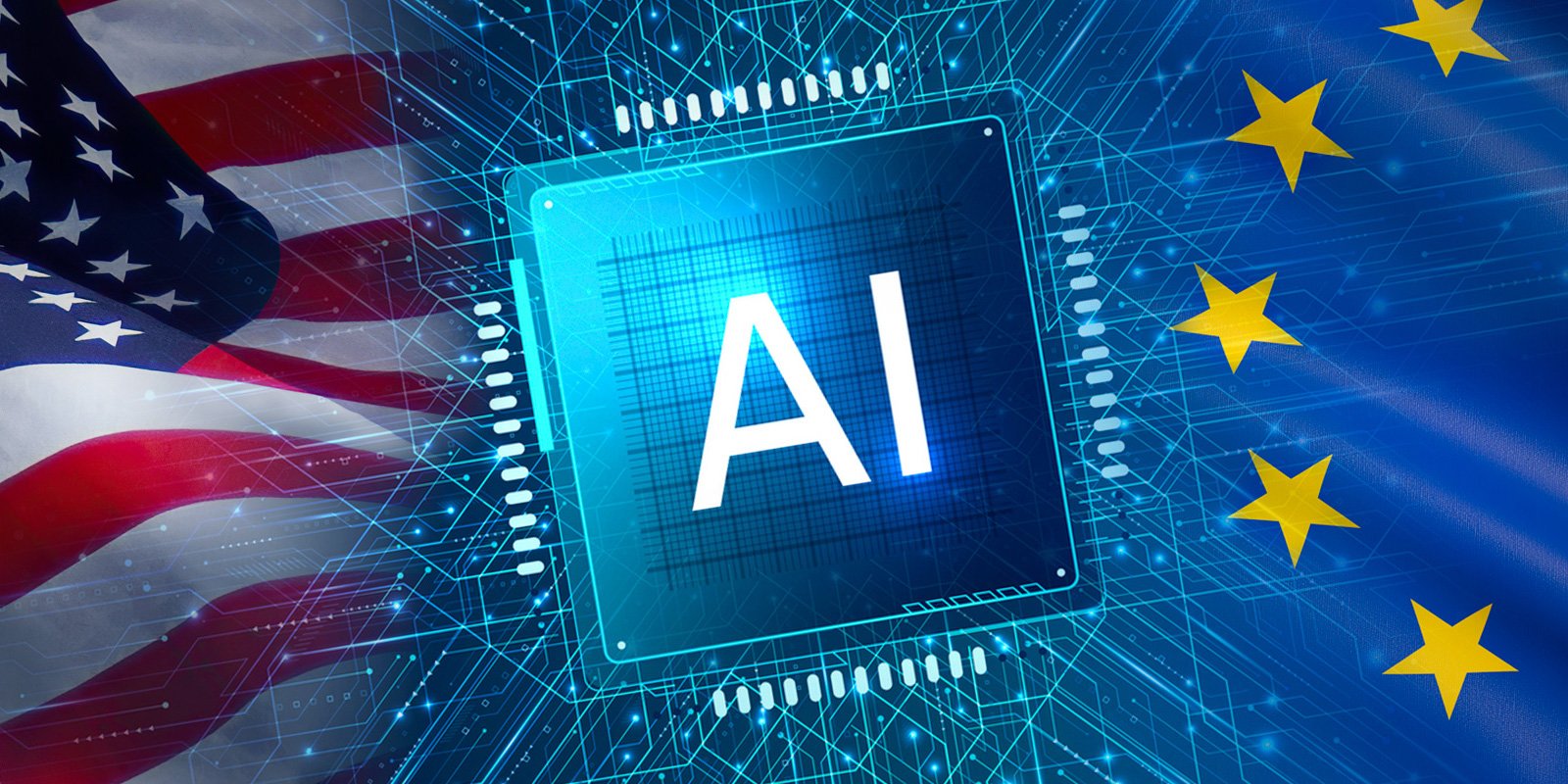
Better Together: U.S. and EU Enter Artificial Intelligence Collaboration Agreement
The United States and European Union recently entered into an administrative agreement to collaborate on critical research related to artificial intelligence ("AI"), focusing on five key areas of significant global concern.
On January 27, 2023, the United States and European Union signed an agreement to unite experts from across the United States and Europe to conduct collaborative research on AI, computing, and related privacy-enhancing technologies. The agreement comes on the heels of previous efforts by the U.S.-EU Trade and Technology Council to strengthen transatlantic relations and collaborate on the responsible advancement of digital technologies, including AI risk management. In addition, it builds upon the vision set forth in the Declaration for the Future of the Internet , in which the U.S., EU, and other country partners committed to a future where the Internet is free, open, global, interoperable, secure, and protective of human rights.
Recognizing that AI and related technologies impact matters of significant global concern, the collaboration agreement identifies five key areas of focus:
- Extreme Weather and Climate Forecasting;
- Emergency Response Management;
- Health and Medicine Improvements;
- Electric Grid Optimization; and
- Agriculture Optimization.
While these topics are broad and nonspecific at this stage, the months ahead will likely shed additional light on the research tasks that will be prioritized.
The collaboration agreement signals yet again that AI presents unprecedented legal, regulatory, and ethical challenges that transcend borders and industries, including novel issues related to data-sharing, privacy, security, and intellectual property, which have sometimes led to increased regulation (see our White Paper). Responsibly developing and deploying AI will require meaningful and sustained cooperation among aligned nations, collaboration between the private and public sectors, and joint efforts by stakeholders across diverse industries.









